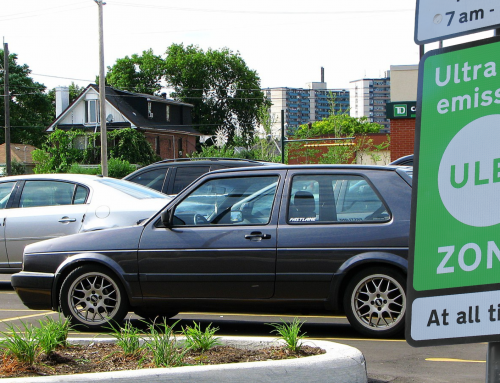With the sale of new petrol and diesel cars due to end by 2030, the government are having to consider alternative road tax policies. At present, road, tax is calculated on fuel type and emissions. A pay-per-mile road tax system is being considered to replace the current system.
Why Does the road tax system need to change?
Road tax or Vehicle Excise Duty (VED) is paid to the government by vehicle owners. This tax helps to cover the cost of safety measures and repairs to the road. Presently, electric vehicles are exempt from paying road tax as an incentive to opt for an EV over a gas-guzzling car.
Being that the current VED is calculated on the vehicles emissions and engine size, exempting EV’s there will be fewer and fewer people paying road tax. So, what will happen in 2030 when no more petrol or diesel cars are sold? Will the roads stop needing repair? Of course not.
This means the government need to start considering what road tax will look like going forward. The chancellor has reportedly been considering pay-per-mile car tax ahead of the autumn budget. Nothing was announced, however, as it was feared a change could put people off of buying electric vehicles.
What are the pros and cons of pay-per-mile road tax?
With the aim of net-zero emissions by 2050, the way we use transport could change entirely. A pay-per-mile road tax system could encourage people to opt for other forms of transportation, from walking to public transport or even shared EV usage rather than car ownership.
It would be a more fair way of charging people for using the roads, as it would be based on how much you use them. All of this would go a long way to reducing waste; most cars apparently spend around 95% of their life parked up. Cars on demand could be a way to keep people mobile while reducing the wasted money of vehicle ownership.
For classic car owners, who often only drive their pride and joy sparingly, a pay per mile road tax system could work out a lot cheaper. Of course, cars over 40 years old are exempt, but more modern classics of the mid-eighties onwards still pay VED.
The downside is that people who drive a lot for work perhaps will be footing much larger bills than they previously have. This would affect people such as taxi drivers, delivery drivers, travelling executives etc.
Of course, the previously mentioned problem of EV take-up is another consideration that is currently driving the government’s decision. By removing the need to pay VED on EV’s, they have incentivised early adoption of electric vehicles.
Electric vehicles are not yet entirely practical for the majority. There are the issues surrounding home charging, faulty charge stations, range issues, fire risks and more to contend with. How many people would choose an EV over a petrol or diesel equivalent if the tax incentive was removed?







Leave A Comment